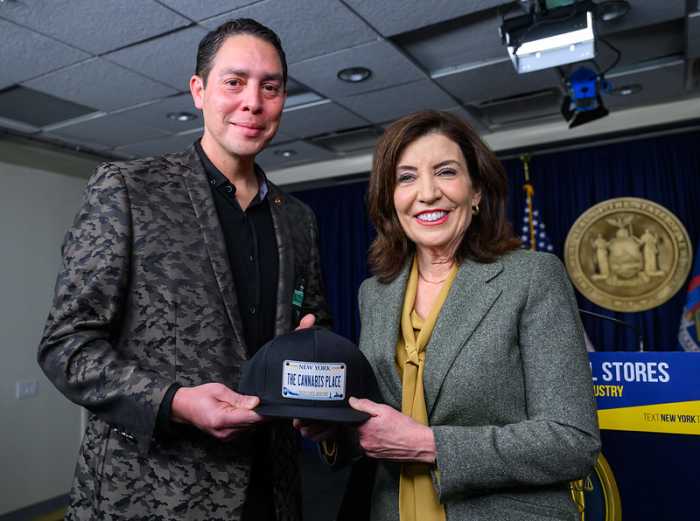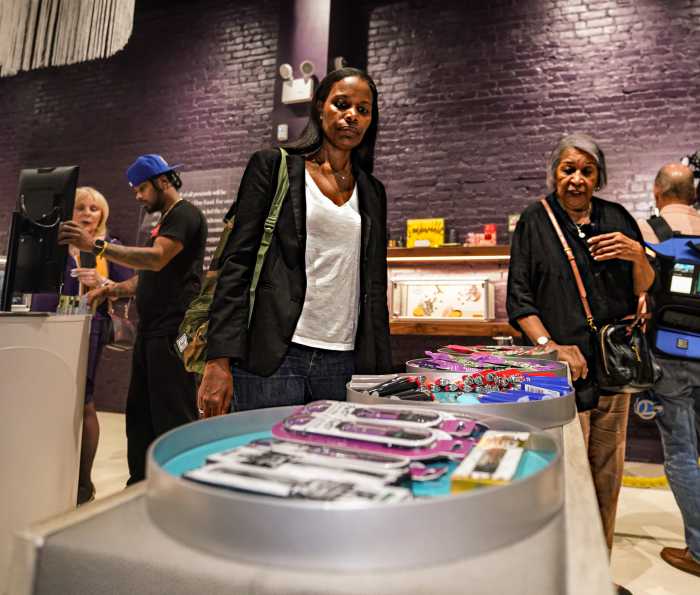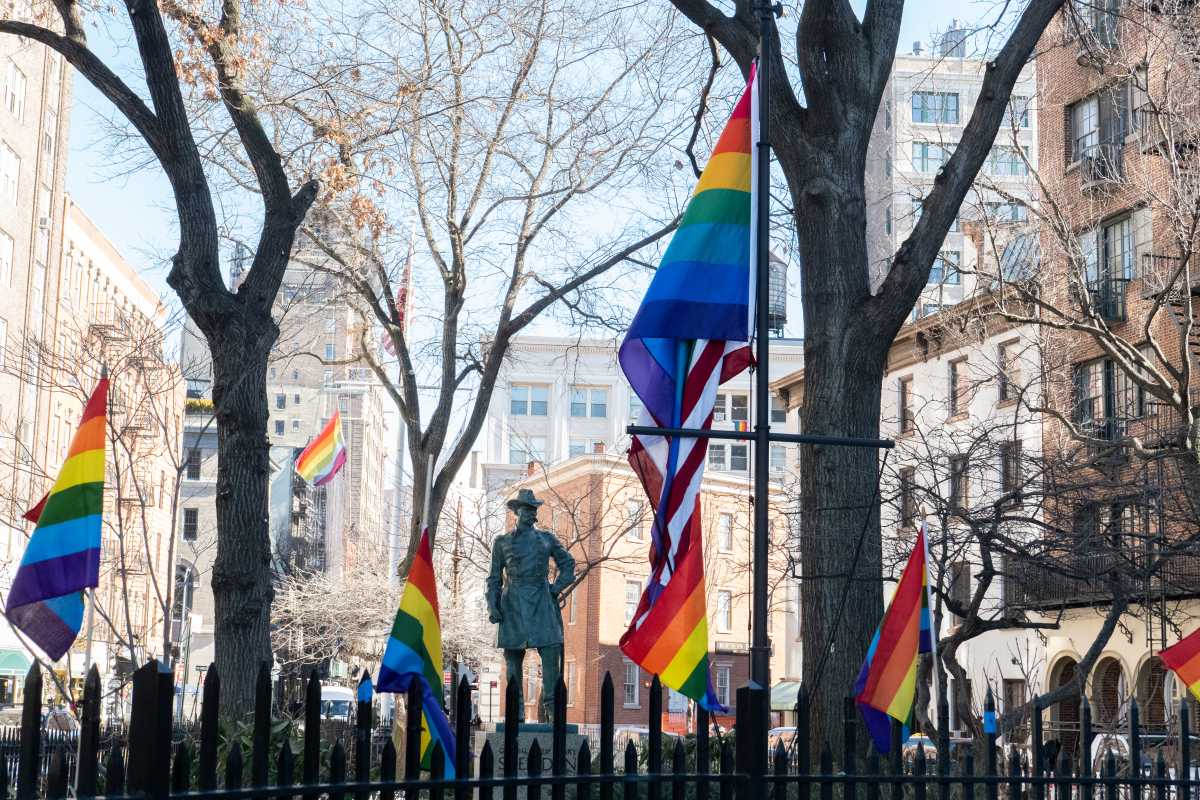A state Supreme Court judge in Albany on Thursday granted a preliminary injunction blocking New York’s cannabis regulators from enforcing a stricter interpretation of how dispensaries must measure their distance from schools – a move that, cannabis entrepreneurs had argued, threatened to wipe out their businesses and undermine the state’s equity goals.
The order, signed by Judge Keri Savona, requires the Office of Cannabis Management (OCM) to revert to its previous standard of measuring from a school’s entrance, not its property line, when reviewing license renewals and applications through Feb. 15, 2026.
The ruling results from a lawsuit filed by 12 New York City cannabis entrepreneurs on Aug. 16. The group is among 152 dispensaries and license holders statewide affected by the OCM’s July decision to reinterpret its buffer rule.
In NYC alone, some 89 businesses and 34 pending applicants were impacted by the rule change.
In the lawsuit challenging the OCM’s reinterpretation, which licensees said they were notified of via email on July 28, the group argued that the OCM and Cannabis Control Board repeatedly confirmed their sites met the law, prompting them to sign long-term leases, invest over $1 million each in renovations, hire staff, and, in most cases, open their doors.
The businesses had argued that the July 28 notice offered no legal basis for retroactive enforcement, threatened non-renewal of existing licenses, and demanded relocation for provisional licensees, with only limited funding offered.
Speaking after the decision on Thursday, Osbert Orduna, CEO of The Cannabis Place in Queens, one of the businesses behind the lawsuit, said the injunction effectively “puts the [July 28] email that was sent out on hold” and allows dispensaries to operate “as if that email never came out.”
The OCM said Thursday it would not seek to challenge the order and that it and the Cannabis Control Board would move forward with processing license renewals for impacted licensees and pending applications for impacted applicants using the previous measurement practice.
“OCM is optimistic about the protections the order provides to impacted cannabis businesses. The order allows licensed and open dispensaries to operate without interruption, and applicants looking to move forward in the application process to proceed,” an OCM spokesperson said.
‘The greater conflict is still ahead’
Gov. Kathy Hochul and the OCM had previously pledged support for impacted dispensaries, stating licensees could continue operating fully and that those with renewals due during the “limbo period” could operate under the State Administrative Procedure Act.
Orduna said that for businesses like his, those assurances from the state were not enough for those losing money as they wait to open their doors or for operational businesses that feared facing bankruptcy, job losses, frozen bank accounts, cancelled vendor contracts, and permanent exclusion from the legal market.
The ruling, he said, now provides “breathing room” with landlords, banks, and suppliers who had raised concerns about the uncertainty created by the rule change. “The first thing I did was send a copy of the injunction to our landlord, to our bank, and then to some of our key suppliers,” he said.
Orduna urged Gov. Kathy Hochul to seize the opportunity to back legislative reforms that could permanently resolve the issue before the injunction expires in February. His group took legal action after their calls for a special session in Albany to rectify the issue went unheard.
“What this preliminary injunction does is it creates an opportunity for the governor to now be the champion for the legislative reform that needs to happen … and to prevent the 152 businesses from being forced to close, and thereby saving thousands of jobs,” he said.
A spokesperson for Gov. Hochul said she welcomed the Sept. 25 ruling, saying it “protects the interests of all parties and maintains stability while a long-term legislative solution is developed.”
“Governor Hochul has repeatedly stated that she will work with the Legislature to protect these hardworking businesses so they can continue without interruption,” the spokesperson said. “We will continue to ensure that the Office of Cannabis Management keeps constant and open dialogue with impacted businesses throughout this process.”

The temporary reprieve comes as lawmakers consider a fix when the state legislature reconvenes in the new year. State Sen. Luis Sepúlveda of the Bronx previously introduced legislation to “grandfather in” dispensaries that had already been deemed compliant under the old rules.
A service-disabled U.S. Marine Corps combat veteran, Orduna said Thursday’s ruling was “a step in the right direction” but cautioned that the broader fight remains. “This is like being at war… we got through the skirmish, but the greater conflict is still ahead,” he said.






































